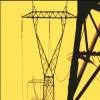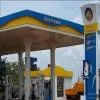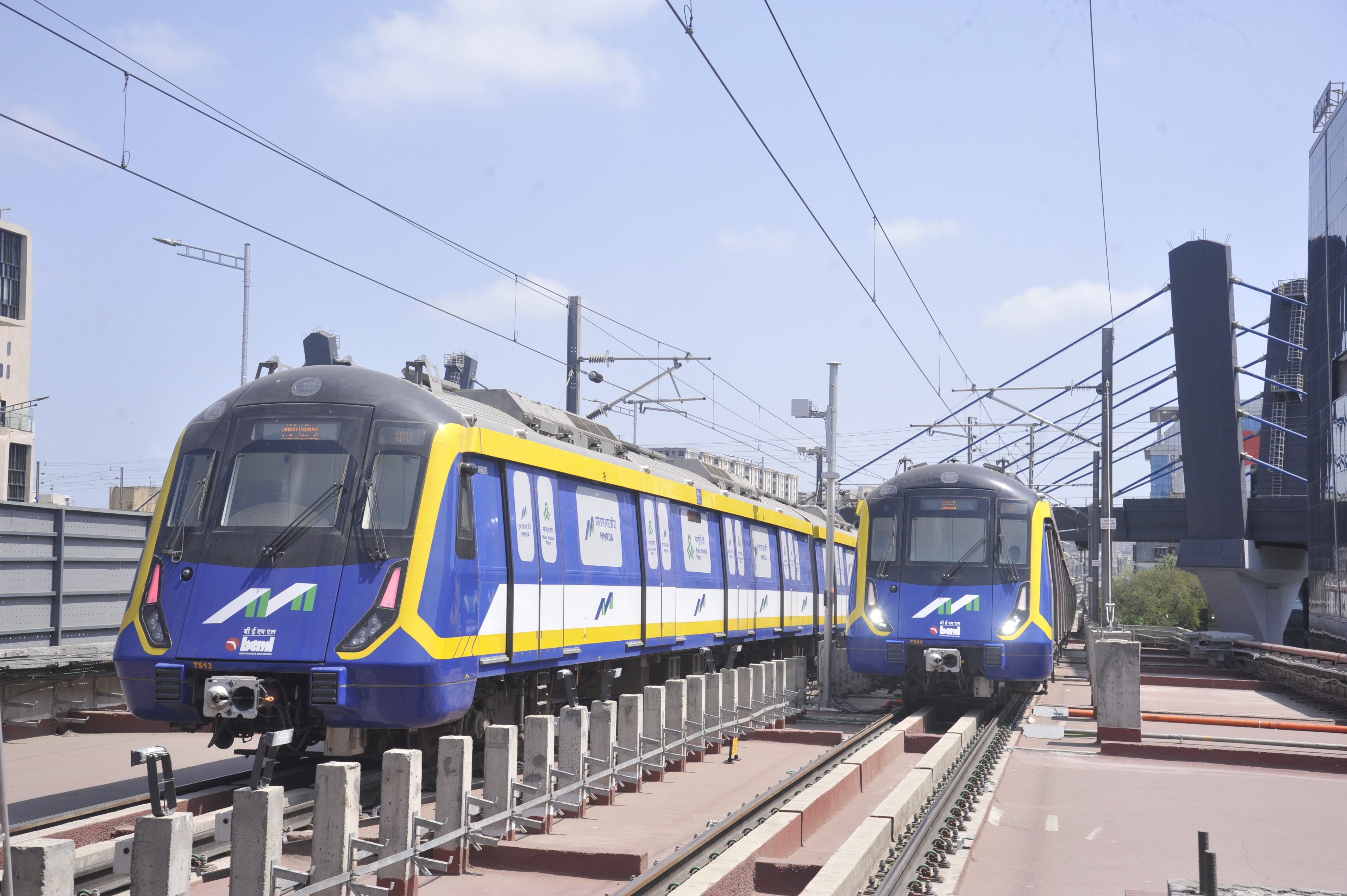
Cabinet nods funds for railways, e-buses & digital India
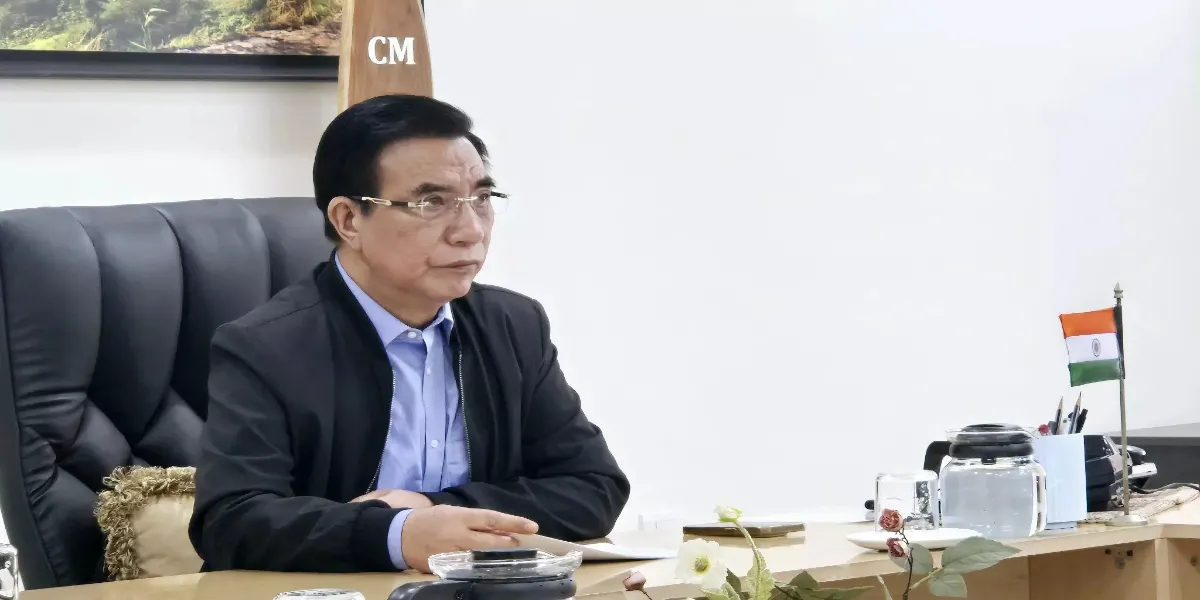
Mizoram To Build Rs 139 Billion Pumped Storage Power Plant
Mizoram Chief Minister Lalduhoma on Friday announced plans to construct a 2,400 MW pumped storage hydroelectric power plant in Hnahthial district, marking a major step towards achieving energy self-sufficiency in the state. Addressing the Mizo Students’ Union general conference in Hnahthial town, the Chief Minister said the plant would be developed across the Darzo Nallah, a tributary of the Tuipui river. Once operational, the project is expected to play a pivotal role in meeting Mizoram’s rising electricity demand and reducing dependence on imported power. Officials from the State Power..
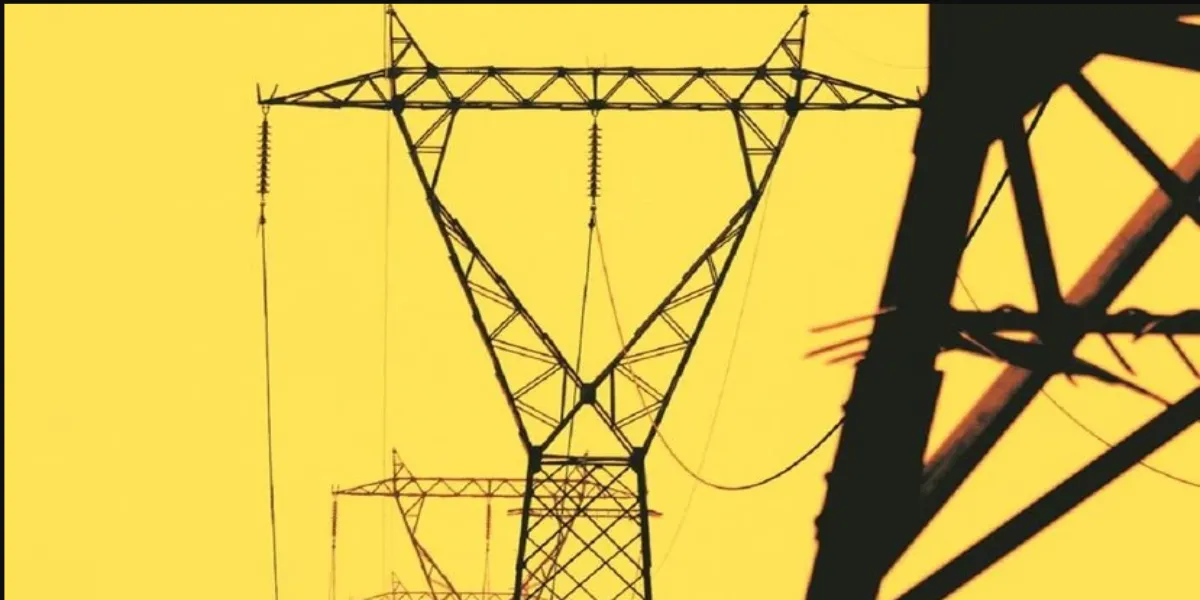
Centre Plans Nationwide Opening Of Power Retail Market
India is preparing to open up its retail electricity market to private companies nationwide, effectively ending the long-standing monopoly of state-run power distributors in most regions, according to a draft bill released by the Union Power Ministry on Friday. The move will enable major private sector players — including Adani Enterprises, Tata Power, Torrent Power, and CESC — to expand their presence across the country’s electricity distribution landscape. A similar reform attempt in 2022 had faced strong opposition from state-run distribution companies (discoms), which currently dom..
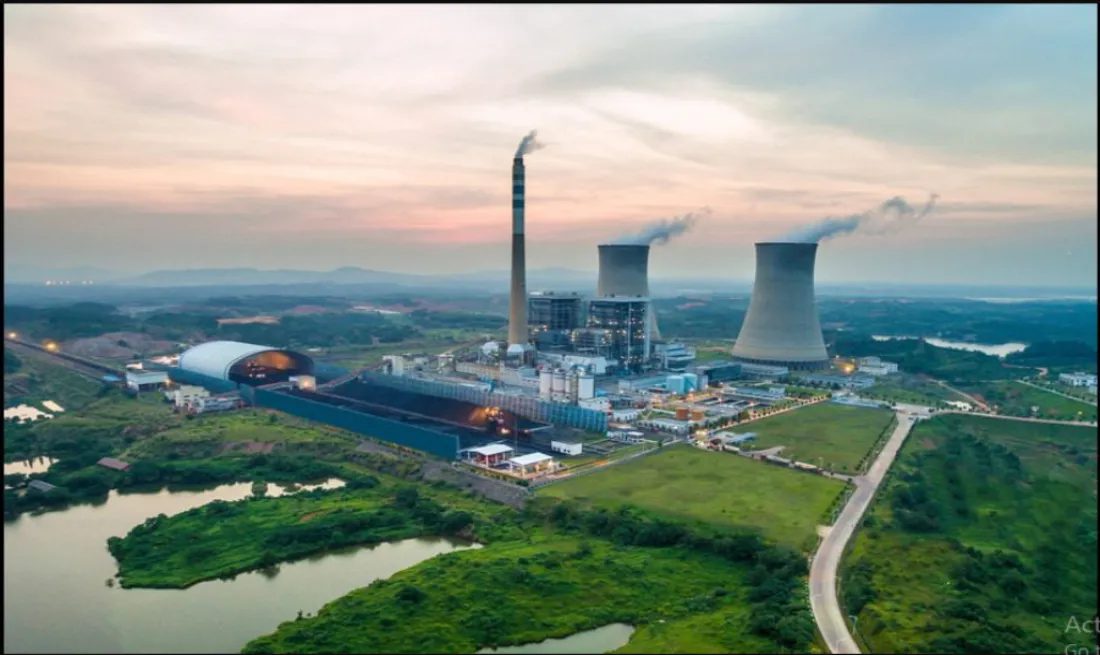
CEA Sets 100 GW Nuclear Target For India By 2047
In a landmark step marking its 52nd Foundation Day, the Central Electricity Authority (CEA) unveiled an ambitious roadmap to develop 100 gigawatts (GW) of nuclear power capacity by 2047, aligning with India’s long-term Net-Zero commitment and energy security objectives. The event, held at the Central Water Commission auditorium in New Delhi’s R.K. Puram, was attended by Pankaj Agarwal, Secretary, Ministry of Power, who served as the Chief Guest. The roadmap sets out a detailed plan to expand India’s nuclear capacity from its current level of approximately 8,180 MW as of early 2025, outl..





